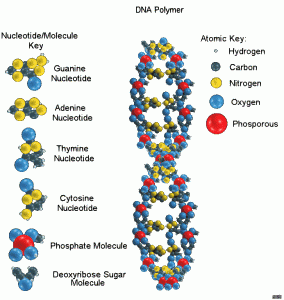Waking up from PVS
The vegetative state is a paradoxical condition marked by loss of consciousness yet persistence of other functions such a day-night cycle. For this condition the rule of thumb has been that the longer a patient stays in this condition, the less likely they are to regain consciousness. This prolonged phase has been called presistent, or […]
The vegetative state is a paradoxical condition marked by loss of consciousness yet persistence of other functions such a day-night cycle. For this condition the rule of thumb has been that the longer a patient stays in this condition, the less likely they are to regain consciousness. This prolonged phase has been called presistent, or prolonged, vegetative state (PVS). But how likely is it that these PVS patients can regain consciousness? In a double case study by Avesani et al. it is claimed that even in this condition, awakening is still possible.
The vegetative state: A report of two cases with a long-term follow-up.
Avesani R, Gambini MG, Albertini G in
Brain Inj. 2006 Mar ; 20(3): 333-338
Objectives: To demonstrate that patients with Prolonged Vegetative State (PVS) can show signs of improvements and important changes and, consequently, to strengthen the necessity to evaluate them with long-term serial follow-ups. Setting: Rehabilitation of patients with severe traumatic brain injury (TBI). Participants: Two people with severe TBI discharged after a long period of inpatient rehabilitation in a condition of PVS. Results: After 5 years some important changes happened and the initial prognosis was proved to be wrong. Conclusion: Sometimes patients declared to be in PVS have the possibility to recover, especially when initial clinical conditions are particularly severe and do not allow the emergence of the state of consciousness. It is important to conduct regular follow-ups to better evaluate changes and, if it is necessary, to re-adjust the rehabilitation accordingly.







